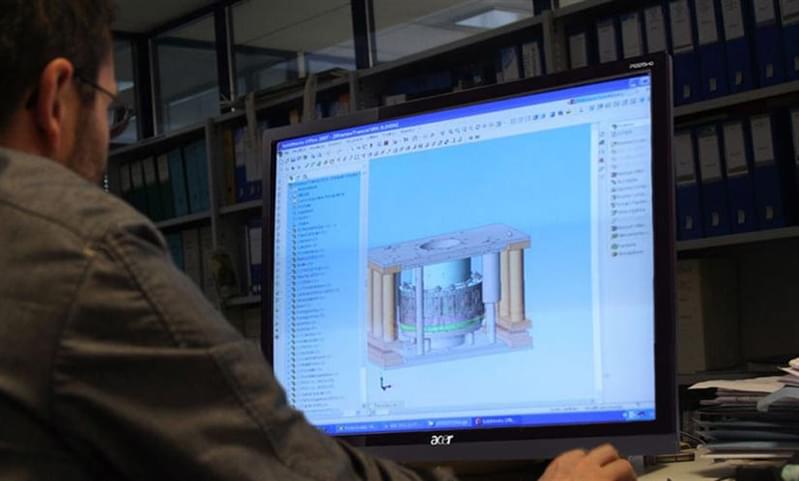Metal prototyping: from feasibility study to the finished product with Minifaber

Software, machineries, know-how and focus on costs. These are the reason why Minifaber is leader in metal prototyping industry.
Metal prototyping is a very important phase in the realization of even more accurate and innovative metal parts. It’s the most essential step in a product's development and manufacturing because from it depends the efficiency of the entire manufacturing cycle.
For this reason, the companies, which make prototypes, must be equipped with the right software, technologies and know-how.
The company must be able to understand the customer’s need, must be able to realize feasibility studies and it has to offer the best solution in terms of manufacturing costs.
Depending on the type of metal parts, shape and row material, the metal prototyping requires:
- specific analysis of the tolerances;
- research and development of the most suitable material for the application;
- simulations with professional software;
- test and samples to verify what analyzed;
- qualification of processes by external certified organizations;
- machinery for testing and pre-testing (combined punching/laser and bending);
- control machineries to verify the material characteristics.
After these first steps, the metal prototyping passes through the Quality Control phase. This means having 3D control machine, durometers, tensile testing machines, machines for tensile test and compression, microdurometers, test bench with extensometer.
The company which designs and produces in-house prototypes, samples and pre-series has to guarantee the best finished and semi-finished metal parts, ready for small and large series productions.
The importance of costs in metal prototyping
The aim in metal prototyping is to minimize the initial costs. The combined use of technologies, software, machineries, materials, etc., requires important investments.
For this reason, the sheet metal company must be focused on the best possible solution in terms of costs and technical feasibility. Such as Minifaber, which thanks to the expertise and updated technical department and to the constantly updated fleet of machines is able to design metal prototyping for each specific customer’s need.

